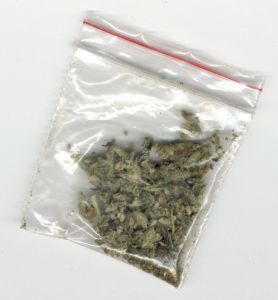California efforts among Top 10 success stories for Marijuana in 2010
With each passing year, more states embrace marijuana as a legitimate medical treatment. Acceptance grows. Tolerance grows. Case law grows. And the ability of legitimate marijuana businesses to defend themselves against the overzealous encroachments of politicians and law enforcement grows stronger.
Our Los Angeles medical marijuana defense lawyers read with interest the Top 10 Marijuana Victories of 2010, as compiled by the Marijuana Policy Project and published by the Huffington Post. (The sarcasm is mostly ours).

While statewide ballot initiatives failed in Oregon and South Dakota — and California’s legalization effort went down in defeat in Proposition 19 — it was largely a year of victories.
-New Jersey legalized medical marijuana — the 14th state to do so. The incoming Republican governor, however, has thus far thwarted the will of those who elected him and medical marijuana has yet to become available to patients.
-Washington D.C. legalizes medical marijuana. The measure initially passed with 69 percent of the vote in November 1998 — more than a decade ago. Congress, having apparently little else to do, blocked the law from taking effect for 11 years. After lifting the ban, five dispensaries should be open this year without shouting distance of Capitol Hill.
-Arizona legalizes medical marijuana. As long as you are not an illegal immigrant, of course. About 125 dispensaries should open in the state this year.
-Despite failure, California’s Proposition 19 demonstrated record support for marijuana — at more than 46 percent. The NAACP and numerous law enforcement officials also supported the measure.
-Marijuana friendly governors were elected in Hawaii, Connecticut and Vermont.
-Three states expanded medical marijuana laws — Colorado, Maine and New Mexico.
-Local initiatives passed in four states.
-Veteran Affairs recognized medical marijuana patient fights. For the first time, veterans are permitted to use medical marijuana under state law.
-Court decisions in California ruled in favor of dispensaries. Including a decision in Anaheim and another in Los Angeles, which prevented L.A. officials from enforcing a dispensary ban that went into effect this summer.
-California improves decriminalization law. Possession of up to an ounce of marijuana no longer requires a court appearance and is punishable by a $100 fine.
Continue reading
 Cannabis Law Group's Medical Marijuana Legal Blog
Cannabis Law Group's Medical Marijuana Legal Blog












